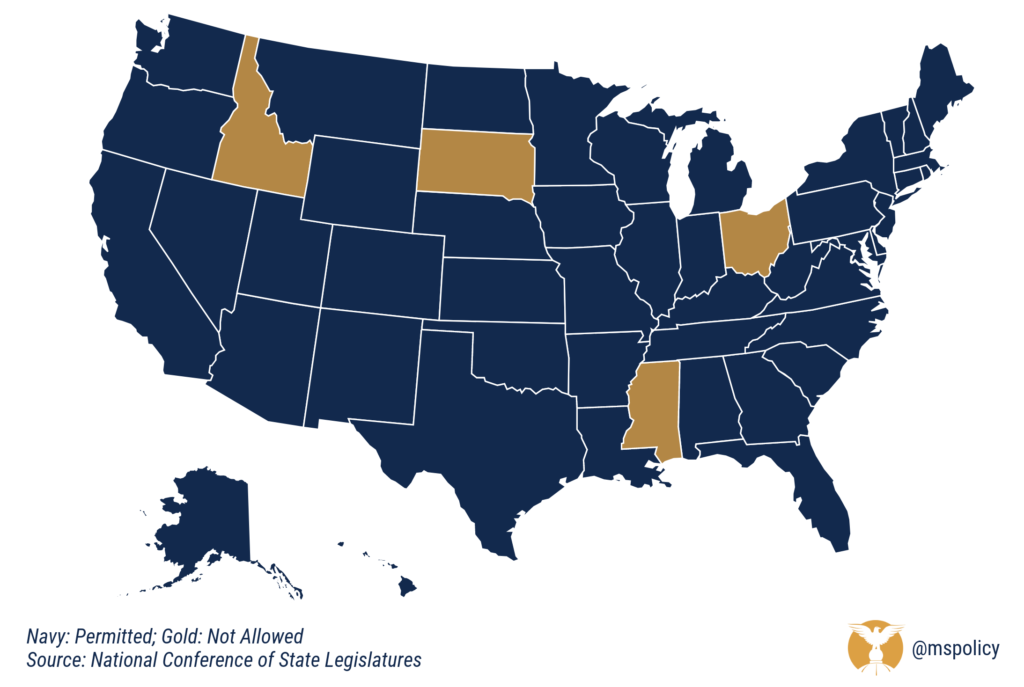Fisher made the remarks in reference to the lack of quality control over cannabidiol (CBD oil) products, which is being researched as a possible seizure-arresting medication at the University of Mississippi Medical Center in addition to use in dietary supplements.
“There’s no vetting process that I’m aware of whether these (CBD) products are actually perused by anybody before they’re put out there,” Fisher said. “There’s story after story, anecdotal stories out here on the streets and in the papers about the spice and the deaths.
“There’s no quality control with people selling this as narcotics. You have bodies all over this country, people in funeral homes and cemeteries who’ve died of fentanyl overdoses because of fentanyl being mixed with other drugs.”
He was speaking at the first Hemp Cultivation Task Force meeting at the state Capitol. The task force was created by House Bill 1547 to study the potential for cultivation of hemp, how to regulate it and its possible effects on the state’s economy. A report of recommendations issued by the task force is due to Gov. Phil Bryant by December 6.
Task Force chairman Andy Gipson, the state’s agriculture commissioner, said that he wants the report to be well thought out and evidence based. He also said the group will consider the challenges and opportunities that hemp can present the state.
Hemp is the same Cannabis sativa plant that is marijuana, but the difference is the amount of the psychoactive substance Tetrahydrocannabinol, also known as THC. According to the farm bill passed by Congress in 2018, hemp is defined as strains of the cannabis plant with a THC level of 0.3 percent or less.
Don’t expect any discussion of legalized marijuana at the task force meetings, because Gipson said the task force won’t be engaging in any other issues other than those related to hemp cultivation.
Fisher said one of the problems for law enforcement is that they can’t tell the difference between hemp and marijuana, barring a chemical test to deduce the THC content that would have to be done in the state’s crime lab.
He says the lab is 400 drug exhibits behind every month because it is short staffed and underfunded.
Hemp can be used to manufacture products such as textiles, rope, insulation and animal feed, while it can also be grown for CBD oil extraction.
A large contingent of farmers on hand were supportive of the chance to help build a market for hemp.
“As a producer, I’d like to see hemp be allowed to be raised so that farmers would have the option of another crop in their rotation,” said Paul Dees, who represents the Delta Council on the task force and is a farmer himself.
According to the Michael Ledlow, the director of the Bureau of Plant Industry at the state Department of Agriculture and Commerce, hemp has no herbicides or pesticides certified for use with it by the U.S. Environmental Protection Agency.
Dr. Richard Summers, who is the associated vice chancellor for research at the University of Mississippi Medical Center, told the task force that the small amount of clinical trials into CBD oil’s effects on childhood seizures have enjoyed some positive results.
He said that the 10 young patients, all of whom had seizures that didn’t respond to traditional therapies, went three to four months without a single issue while using CBD oil produced at Ole Miss as a treatment.
Summers did offer that caveat that the sample size isn’t enough to draw a conclusion on CBD oil’s possible medical uses or safety and that the center plans to continue its research after being granted an extension by the U.S. Food and Drug Administration.
He said the goal was to develop a commercial CBD oil product for treatment of seizures.

According to the National Conference of State Legislatures, 46 states allow the cultivation of hemp for commercial, research or pilot programs. In fact, Mississippi is the only Southern state where the cultivation of hemp is illegal after a handful of states legalized it earlier this year.
The task force will meet again on September 25 at 10 a.m. There were four committees created at the meeting:
The four committees will submit reports at the next task force meeting.